⚠️ Warning about Borrowing
![]() Do you really need a loan today?*
Do you really need a loan today?*
It can be expensive to borrow small amounts of money and borrowing may not solve your money problems.
Check your options before you borrow:
- For information about other options for managing bills and debts, ring 1800 007 007 from anywhere in Australia to talk to a free and independent financial counsellor
- Talk to your electricity, gas, phone or water provider to see if you can work out a payment plan
- If you are on government benefits, ask if you can receive an advance from Centrelink: Phone: 13 17 94
The Government's MoneySmart website shows you how small amount loans work and suggests other options that may help you.
* This statement is an Australian Government requirement under the National Consumer Credit Protection Act 2009.





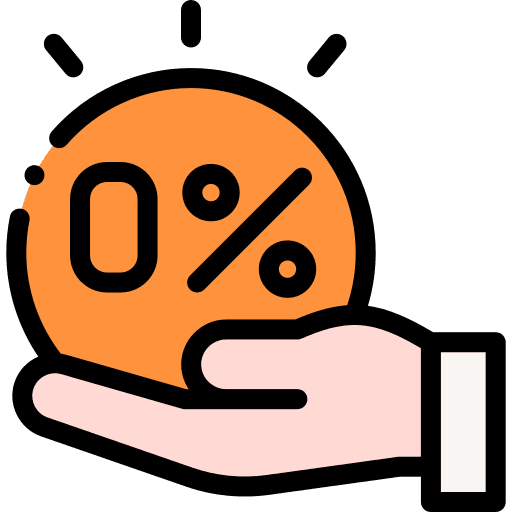
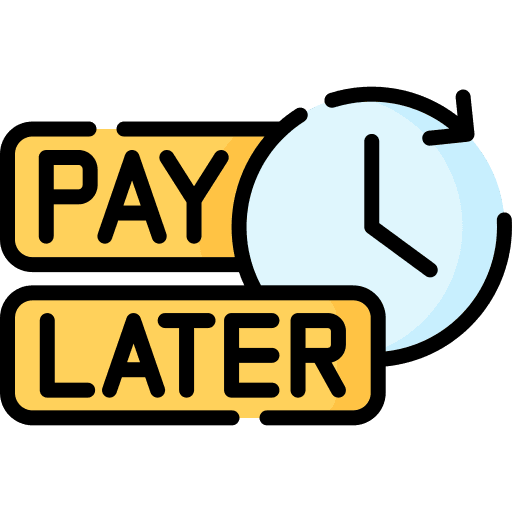
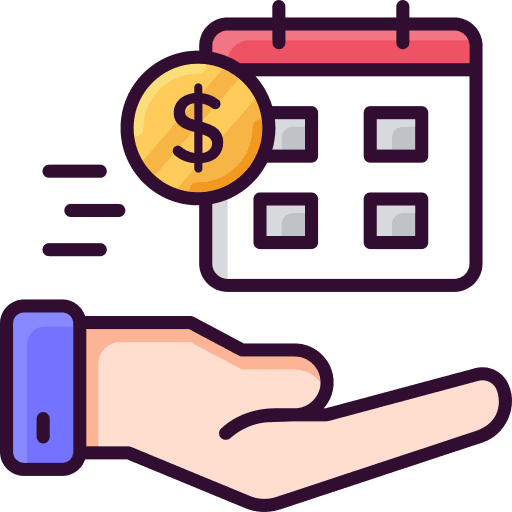
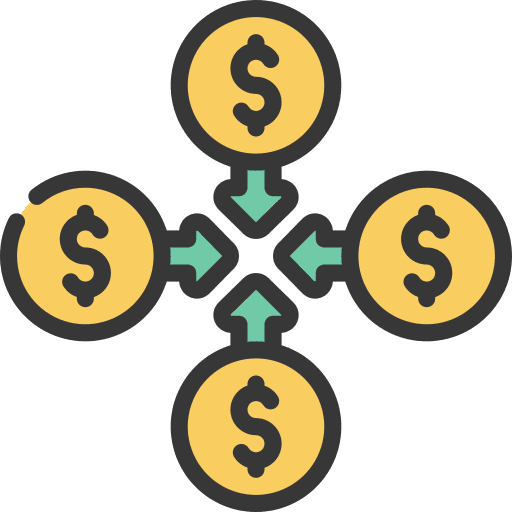
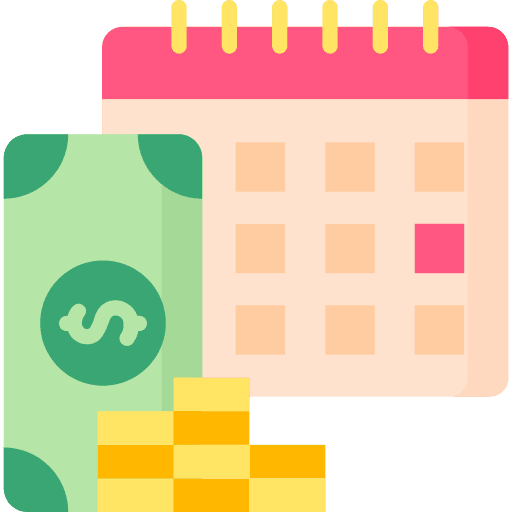


I have bad credit. I only need a $500 loan fast approval 100% guaranteed. Where can I go? Who will lend to me first application?
Hi Dave,
Thanks for getting in touch with Finder. I hope all is well with you.
If you want to make sure that you get a loan fast, you would need to make sure as well that you meet the eligibility requirements of the specific loan you are applying for. As of now, there’s no 100% guaranteed loan that you can get because the approval would depend on your ability to provide needed documents.
As of now, what I can suggest is for you to check your options above. Use our table to compare your options based on maximum loan amount, turnaround time, and others. You can then click on the “Go to site” green button of your chosen lender to learn more. Please make sure that you’ve read the relevant T&Cs or PDS of the loan products before making a decision. Moreover, check the eligibility requirements as well and consider whether the product is right for you.
I hope this helps. Should you have further questions, please don’t hesitate to reach us out again.
Have a wonderful day!
Cheers,
Joshua
Hi
Im looking for small fast loan for one months
Im not working at the moment and i get centerlink income
I dont know what can i do.?
Thanks
Hi Vida,
Thanks for getting in touch! For loan options while on Centrelink, you may refer to our comparison table. It shows a list of short-term credit options and banks that may accept your application while unemployed. You can also use the calculator on the page to calculate your borrowing ability. As a friendly reminder, review the eligibility criteria of the loan before applying to increase your chances of approval. Read up on the terms and conditions and product disclosure statement and contact the bank should you need any clarifications about the policy.
Hope this was helpful. Don’t hesitate to message us back if you have more questions.
Best,
Nikki
Just wondering if I can get loan
Hi Vicky,
Thank you for leaving a question. If this is your first time taking out a payday loan, it’s important to understand the process before you apply. The entire application will take place online, so make sure you have all your personal documents and financial details handy. You’ll need to compare things like minimum income, employment terms, Centrelink eligibility and whether the lender does a credit check. You can also get an idea of the repayments using the tables given on the page.
Once you’ve compared your options you can click “Go to Site” to head to the lender to start your application.
Each lender is different so ensure you read each step before continuing. Make a note of the terms and the repayment amounts (and dates) and ensure you will have enough to repay your loan.
If you need any assistance, once you’ve clicked “Go to Site” the lender will be able to answer questions you may have.
Hope this helps!
Cheers,
Val
I would like to get a loan for today to payoff my debt
Hi Mary,
Thanks for getting in touch! It’s helpful to know that our page doesn’t facilitate any online loan applications. To apply for a loan today, check out the calculator to start to find out your repayments for the loan. Choose the provider as listed on the page and click the GO TO SITE to be redirected to their page to get started on the application. As a friendly reminder, review the eligibility criteria of the loan before applying to increase your chances of approval. Read up on the terms and conditions and product disclosure statement and contact the bank should you need any clarifications about the policy. Hope this helps!
Best,
Nikki
Just wondering if there any chance I can get a loan, please?
Hello Palamo,
Thank you for your comment.
As long as you meet the eligibility requirements and has the capacity to repay a loan, you may be eligible to get a loan. Please contact the lender and see your eligibility before submitting an application.
Please make sure that you’ve read the relevant T&Cs or PDS of the loan products before making a decision and consider whether the product is right for you.
Should you wish to have real-time answers to your questions, try our chat box on the lower right corner of our page.
Regards,
Jhezelyn